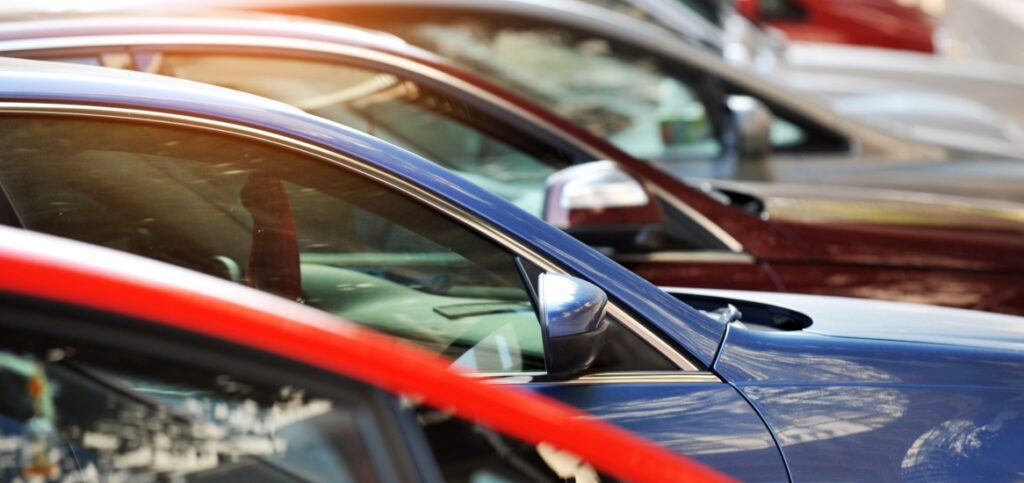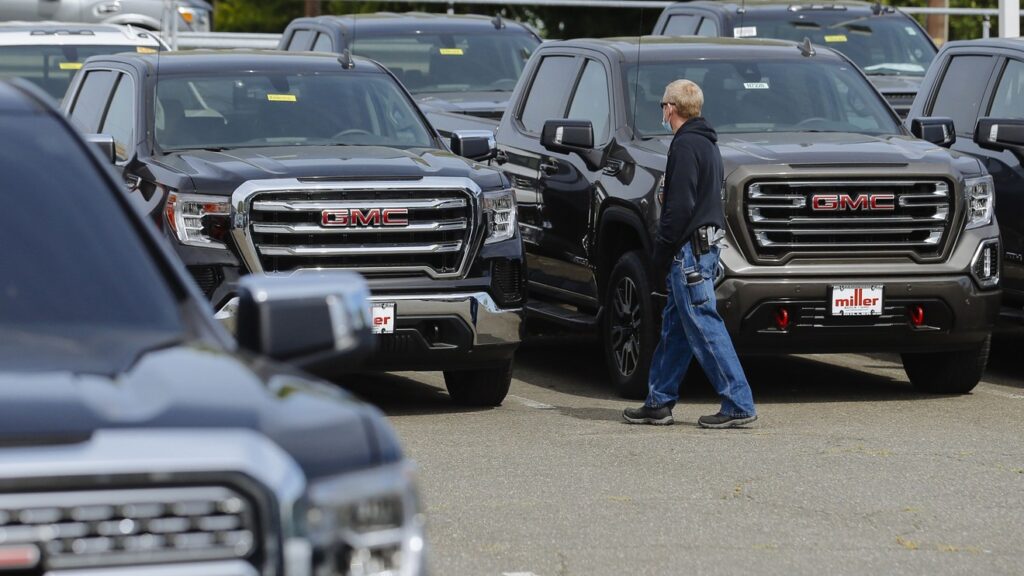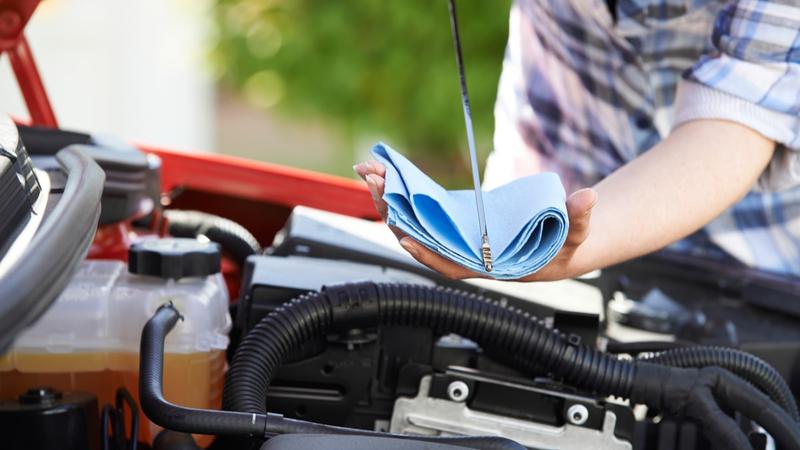What kind of insurance does an auto repair shop need?
As an automotive repair shop, you help keep your customers on the road. As insurance agents, we help keep you in business. As any of your customers can tell you, it can only take a moment for the unexpected to happen and before you know it, your business could be the one in need of repair. Having a robust auto repair shop insurance portfolio will help keep your auto repair center running smoothly.
Garage Liability Insurance (Business Liability)
Just like regular business liability insurance, a garage liability insurance policy covers an auto repair shop against lawsuits and medical costs arising from the injury of someone while on the premises. Unlike regular office buildings, auto repair shops often produce more severe injuries so special liability policies are included to provide the necessary protection for your company.
Garage Keepers Insurance
While liability protects you from lawsuits, you still need to provide protection for your customers’ cars while they are at the auto repair shop. There are varying degrees of protection available, such as limited protection that only pays for damages for which you’re legally responsible or full protection regardless of legal liability.
Business Auto Insurance
Chances are you or your employees will have to test drive the vehicles to ensure that they are working correctly. In this case, you will definitely need to purchase a commercial auto insurance policy that will protect your employee, your customers’ car and your business in case an accident does occur. Business auto insurance policies also provide protection in case your employee needs to run out and pick up a part for a car, get supplies or go on a lunch run and gets into an accident.
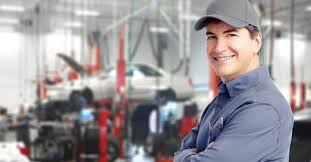
Business Interruption Insurance
Also known as loss of income insurance, business interruption insurance helps keep you in business when unexpected events occur. If the unthinkable does happen and your entire business is destroyed, you will still need to pay the bills, including paying employee wages, rent or mortgage, suppliers, taxes. And you’ll probably need to supply yourself some income, too. Business interruption insurance can help keep your business afloat as well as pay for a temporary site, if the need arises.
Worker’s Compensation
If your business is in California, then you must provide worker’s compensation insurance to provide benefits in case your employees are in a job-related accident. It covers medical care, rehabilitation and helps replace lost wages until they are able to return to work. If you currently have a Worker’s Compensation insurance policy and your business is in Sacramento or anywhere else in California, you should contact us to see if we can help you keep these costs down. Not only do we have access to nearly every Worker’s Comp insurance provider, but we also offer a wide variety of other services that help curb these rising costs.
Business Property Insurance
A business property insurance policy can protect your auto repair shop against damages to your property from fire, earthquakes, vandalism, theft, storms, and accidents. The property includes more than just the building; it includes outdoor signage, fencing, furniture, or inventory.
Property and Equipment Insurance
While business property insurance will protect your auto repair shop building, you’ll still want to have additional coverage for the special equipment in case of power surges, mechanical breakdowns, burned out motors, or if your employee accidentally does something that causes the equipment to fail.
There are even more options available for your auto repair shop that we can customize to fit your unique needs. In addition, we can provide:
- Portable tools and equipment coverage
- Group health and life insurance
- Employment practices liability insurance
- Business Continuation Insurance

The Top Reasons You Need Auto Repair Shop Insurance
Owners of garages and auto repair shops need business insurance to protect their assets from the risks associated with making repairs to other people’s vehicles. Any kind of injury, error or property damage can result in a costly claim or lawsuit.
But with appropriate business insurance tailored to your needs, you can face your risks and stay in business for the long term.
Customers Entrust Their Vehicles to Auto Repair Shops
Automotive repair shops, car mechanics and auto body shops are not only entrusted to fix their customers’ cars, but they are also entrusted to keep those cars safe while in their control. In addition, auto repair shops face the following types of business risk:
- Slips and falls
- Worker illness or injury
- Faulty workmanship or parts
- Fire, bad weather, vandalism or theft
- Damage to a customer’s vehicle while in your care
- Employee theft or crime
- Business interruption
You need a variety of business insurance policies to protect your business from these risks. In addition, garage liability insurance and garagekeepers insurance help you protect your customers’ property and your business in the wake of accidents, injuries or property damage.
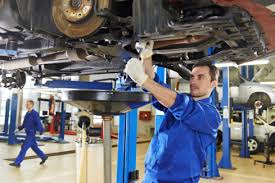
A customer is in the wrong place at the wrong time
Your garage is like a second home to you and your team, but customers are less familiar with the territory. One misstep could put them directly in harm’s way. Let’s say a customer comes into the garage to ask a question about their vehicle and gets too close to a piece of equipment. In the blink of an eye, your auto repair shop could be liable for ensuing medical bills, personal injury and property damage.
For example, a 2013 jury verdict awarded one woman $222,000 after the hydraulic lift at McGrath City Honda in Chicago, IL crushed her left big toe. Marbella Smilovitz received damages for her medical expenses, pain and suffering, loss of normal life and disfigurement after the accident.
Without commercial general liability insurance to cover property damage and bodily injury to third parties, one unfortunate accident can easily bankrupt an auto repair shop for good.
An overnight fire damages your garage and several vehicles inside
What if you get a call in the middle of the night that your garage is on fire? As one firefighter on the scene of a recent, two-alarm auto repair shop fire in Sacramento remarked, vehicles inside a garage complicate the situation by presenting an extra hazard. That’s why it’s so important to carry adequate property insurance as part of a Business Owners Policy (BOP).
As the Insurance Information Institute writes , “the purpose of property insurance for the small business is to provide critical financial assistance in the event of a loss, so the enterprise can continue to operate with as little disruption as possible.” Property coverage can help pay for damage to your structure, machinery and electronics as well as others’ property in your custody after a covered disaster.
Frequently asked questions
What is included in a business owner’s policy?
A typical business owner’s policy includes general liability, business interruption, and property insurance. However, BOPs are often customizable, so your agent may recommend adding professional liability, commercial auto, or other types of coverage to your package depending on your company’s needs.
What is the difference between business insurance and general liability insurance?
“Business insurance” is a generic term used to describe many different types of coverage a business may need. General liability insurance, on the other hand, is a specific type of coverage that business owners need to protect their assets.
Do I need insurance before I start a business?
You should invest in coverage for your business before your first interaction with a customer. Although the cost of insurance may seem high for a brand new business, it’s best to be proactive when it comes to protecting your assets. After all, you can’t buy insurance to cover a loss that has already occurred.
Will insurance protect my business from everything?
Not necessarily. Certain exceptions may be
written directly into your policy, and some perils may be entirely uninsurable.
Be sure to discuss the scope of your policy in-depth with your agent to avoid
being blindsided by holes in your coverage.
